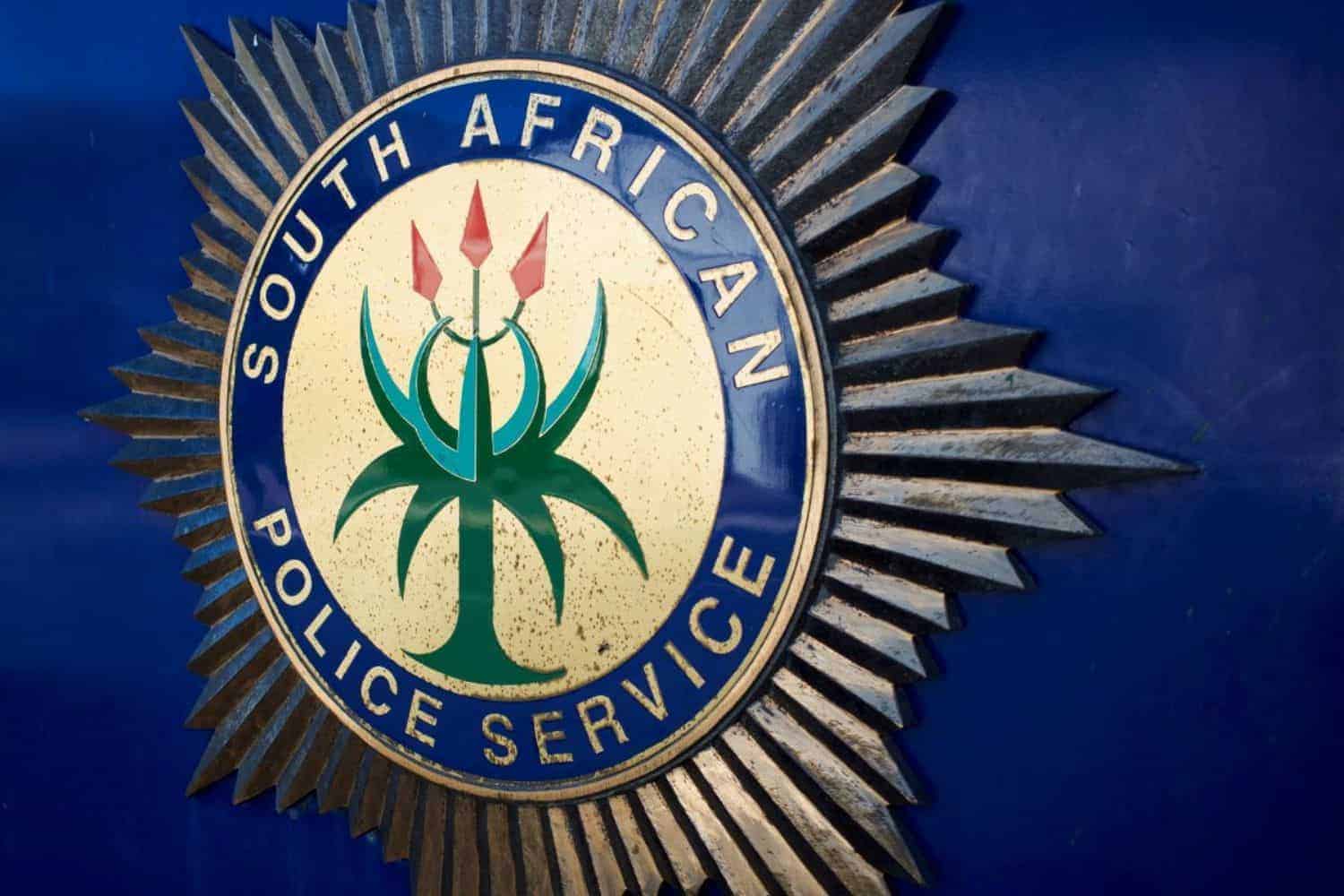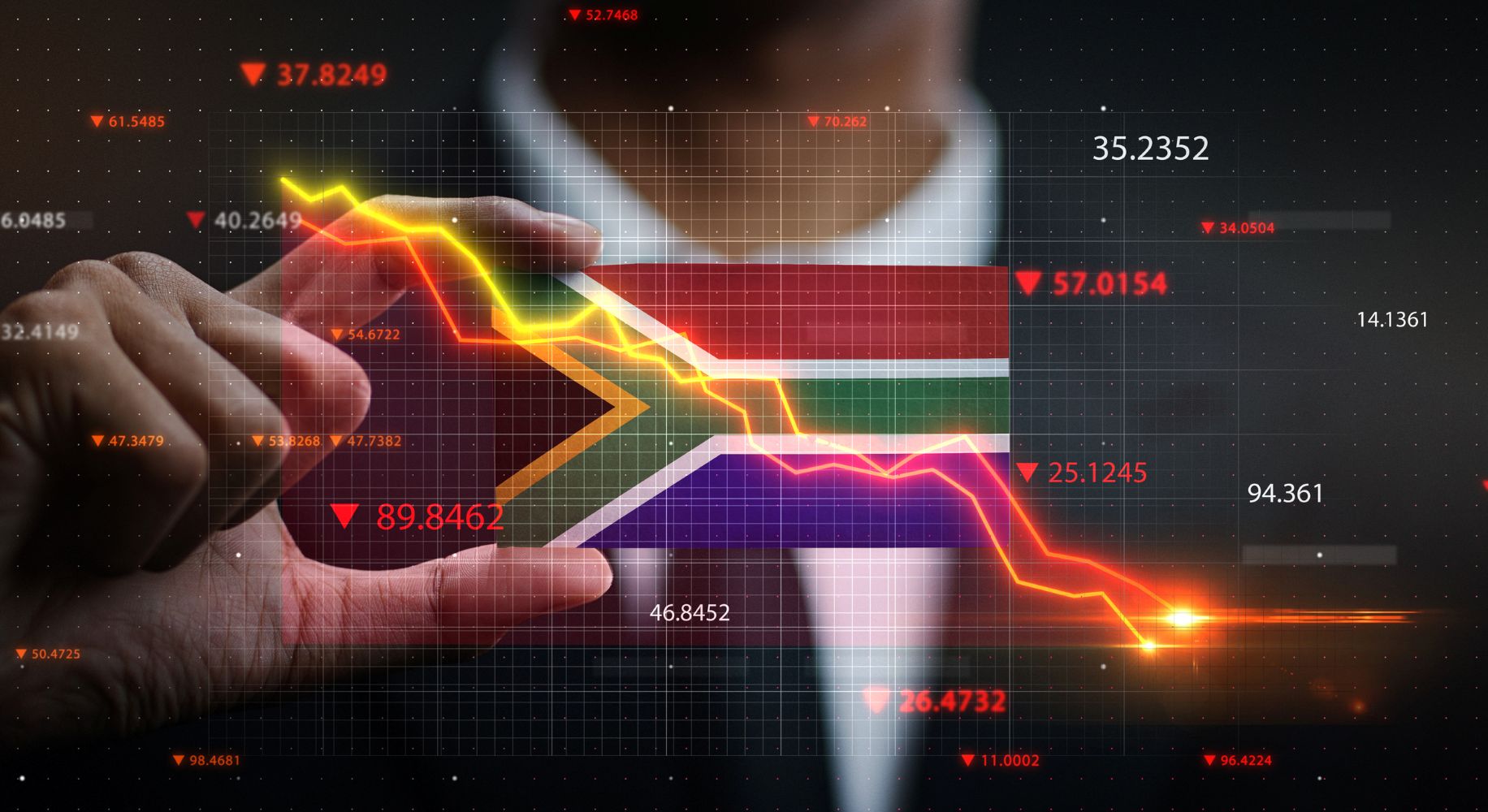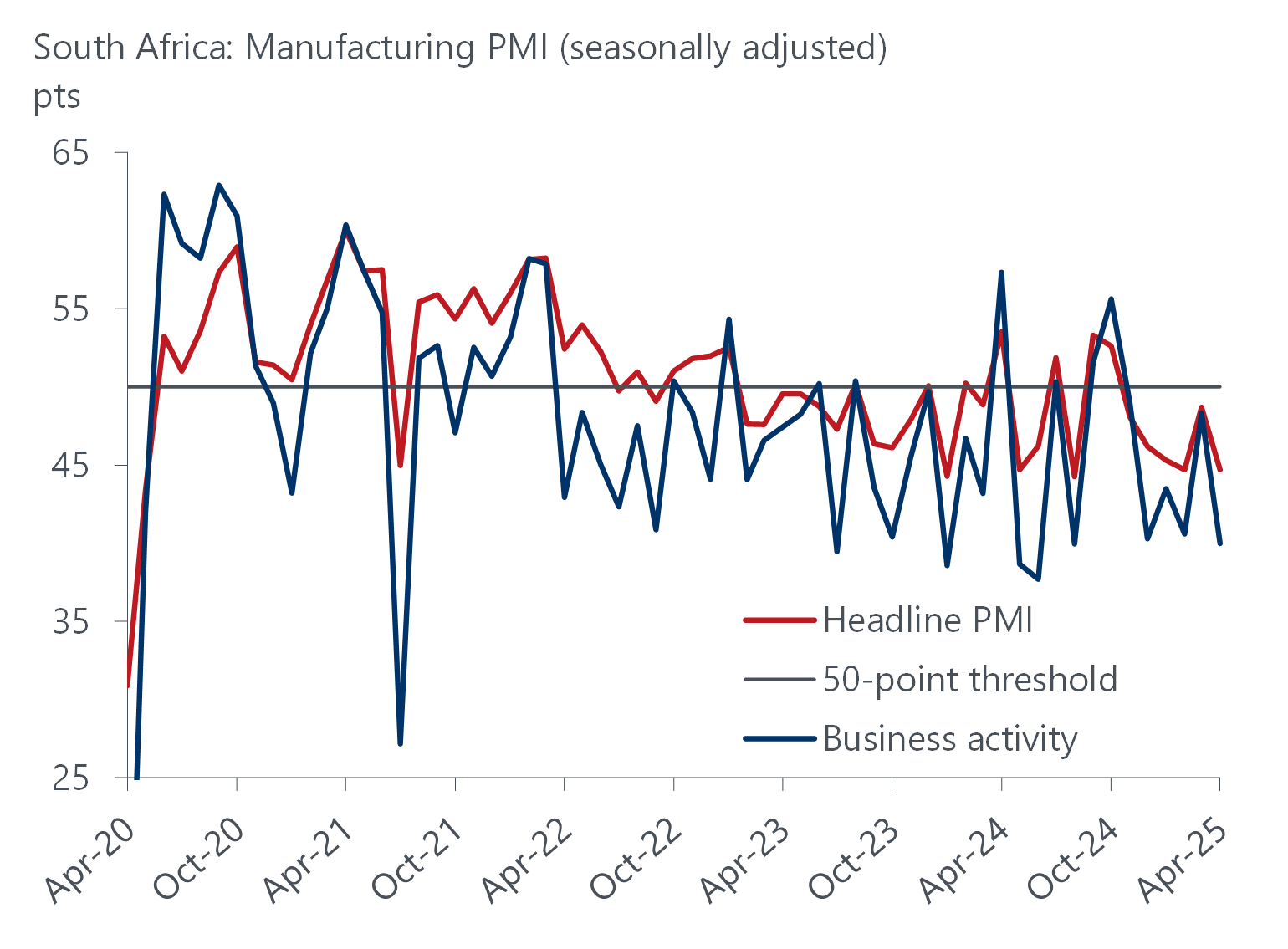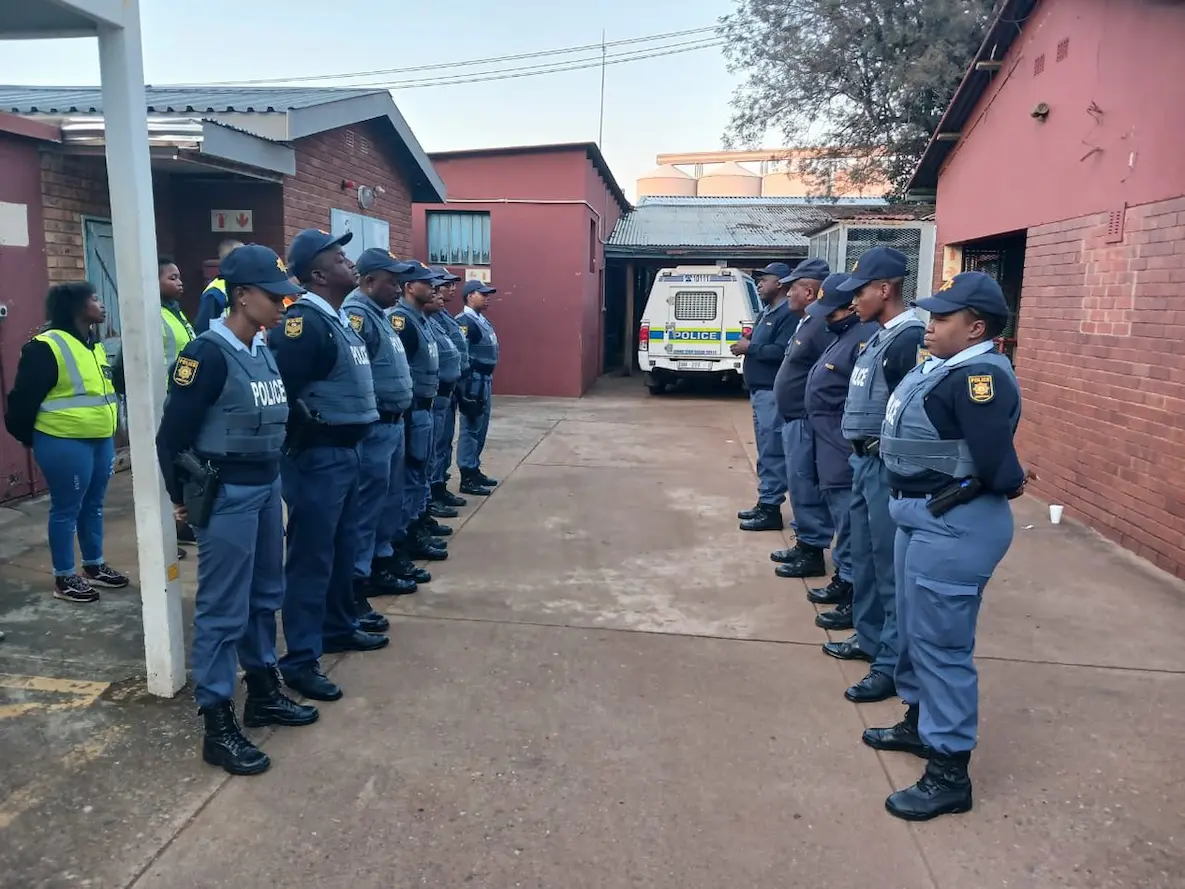Scammers have a new trick up their sleeves to get hold of your personal information and your hard-earned money.
The Southern African Fraud Prevention Service has issued a warning to consumers about scammers posing as members of the police who trick and intimidate people into handing over their personal and financial information, and in extreme cases, even manipulate victims into transferring money to them.
Global cybersecurity reports have painted a picture of South Africa transformed into a hotbed for fraud since 2023, with scammers and fraudsters going to great lengths to conduct elaborate schemes that are convincing enough to transform even the most vigilant person into an unwitting victim.
The Southern African Fraud Prevention Service (SAFPS) is warning the public against scammers who pose as members of the South African Police Service (Saps). The scam involves a sophisticated blend of impersonation, social engineering and cyber scams.
Nazia Karrim, head of product development at the SAFPS, says the scammers contact victims via telephone, WhatsApp and sometimes video calls claiming to be police officers from a regional Saps station or a specialised unit.
ALSO READ: Watch out: scammers clone social media and websites to steal from you
How police scammers operate
“The scammer tells the victim that their personal details (ID numbers, passport numbers or bank accounts) have been linked to suspicious activity, such as airline ticket purchases, package deliveries, transactions associated with human or drug trafficking, or other illicit activity.
“Under the guise of investigating whether the victim is a suspect or an unwitting participant, the scammers create a heightened sense of fear and urgency. They falsely claim that the individual has been flagged as a possible perpetrator and must prove their innocence immediately, or they will be apprehended and jailed as they pose a security risk.”
To build credibility, the scammers send the victim fake documents, such as arrest warrants or search and seizure warrants, complete with official Saps and government logos. These documents often contain legal jargon and formatting closely resembling authentic government paperwork, enough to deceive individuals unfamiliar with legal or police procedures and documentation, Karrim says.
“To further legitimise the deception, victims are often transferred to a second or third superior or specialist officer or department, reinforcing the illusion of a coordinated investigation. These fake officers speak in formal and intimidating tones, instilling fear while pretending to guide the victim through a process to assist them to prove their innocence.”
ALSO READ: How to spot the signs and avoid falling victim to online scams
Next phase for police scammers
The next phase usually involves instructions on how to communicate via WhatsApp. The scammer tells the victim not to contact their local police station or anyone else, claiming the matter is sensitive or involves corrupt police officials, which could further compromise them and the investigation or the lives of the victims they are trying to save (if an apparent human trafficking or kidnapping scenario is in play).
“Victims are then directed to participate in a video call to allegedly give a statement attesting to their innocence. During the call, which the scammer insists must be private, they continue to issue threats and pressure the individual to comply,” Karrim warns.
Although it is a video call, the scammers refuse to show their faces, citing various reasons, including legality and security risks, she says. Meanwhile, the scammers manipulate victims into sharing highly sensitive information, banking details, ID numbers, lists of assets and even screenshots of accounts and bank statements.
Eventually, they instruct the victim to transfer funds into a fictitious account, often claiming it belongs to the South African Reserve Bank for safekeeping during the investigation, comforting the victim by saying the funds will be refunded once their innocence has been proven.
ALSO READ: Do South Africans open the door for scammers?
Fake Saps app
Karrim points out that in some cases victims are sent a link to install a fake Saps app containing malware on their phones. Some victims have even reported downloading it from trusted app stores.
Once installed and granted permissions, the app gives scammers remote access to the victim’s phone and data, enabling them to monitor calls, access all messages, emails and applications and conduct financial transactions and have them biometrically authenticated by the victim on the call, Karrim says.
“This scam is deeply traumatic for victims, combining psychological manipulation, fear tactics and compelling visuals. In some cases, scammers even register their numbers with call ID services like TrueCaller under legitimate-sounding police station names, making the call appear authentic.
“These calls can be as short as a 20-minute discussion to well over an hour, with scammers refusing to end the call until they have defrauded the victim.”
ALSO READ: Banking scams are increasing – here’s how to protect yourself
Watch out for these red flags
The SAFPS urges the public to be aware of these red flags:
- Official police investigations are never conducted via WhatsApp or any messaging app. The Saps do not use chat platforms for taking statements, issuing documentation or making arrests.
- Law enforcement does not conduct investigations via video calls. If someone claiming to be a police officer insists on a video call to take a statement, it is a significant warning sign.
- You have the right to ask for the officer’s identification and to verify their credentials. Always contact your nearest police station directly to confirm their identity and understand the procedures for interviews with suspects or victims.
- The Saps will not send legal documents through chat apps or social media. All official documents are delivered in person and through appropriate legal channels.
- Law enforcement officials cannot prevent you from contacting your lawyer or a third party. If someone attempts to do so, they are likely trying to manipulate or intimidate you.
- You cannot be compelled to travel to a police station outside your province. Genuine investigations can occur at your local station, where an assigned officer will assist you.
- No police officer will ever ask you to transfer funds or share screenshots of your banking app or bank statements during a video call or through a chat service. The Saps, the Reserve Bank, or any other government agency will never request money to verify your innocence or safeguard your assets, regardless of the type of investigation.
ALSO READ: How pyramid schemes scam you out of your money
What to do when scammers contact you
Karrim says if you suspect that you are a potential victim, you can take these steps to prevent the situation from escalating:
- Hang up immediately if something feels off and contact the local police station for assistance if necessary. Law enforcement authorities can be contacted through the Yima Hotline at 083 123 SCAM (7226). Do not click on links or download any apps sent via messaging platforms claiming to be from the Saps.
- Report the incident to your nearest police station and the SAFPS through the Yima website.
ALSO READ: FSCA warns that scammers are impersonating financial services providers
SAFPS scam prevention toolbox
If technology is becoming more commonplace, how do we combat online scams and scams where social engineering plays a central role? Karrim points out that the SAFPS launched Yima in response to the growing need for a proactive approach to fraud prevention.
“The Yima website hosts a scams prevention toolbox for South Africans to report scams and scans websites for vulnerabilities related to scams. Consumers can also expand their knowledge of how to identify scams.”
Karrim says the Yima website’s main element is the ability to report a scam incident or any suspicious activity to the SAFPS using the website. Intelligence gathered from these reports is collated and shared with law enforcement for investigations.
Users can also access a scam hotline to report a fraud incident directly to relevant authorities such as banks and the Saps. These features are live and anybody can access them.














